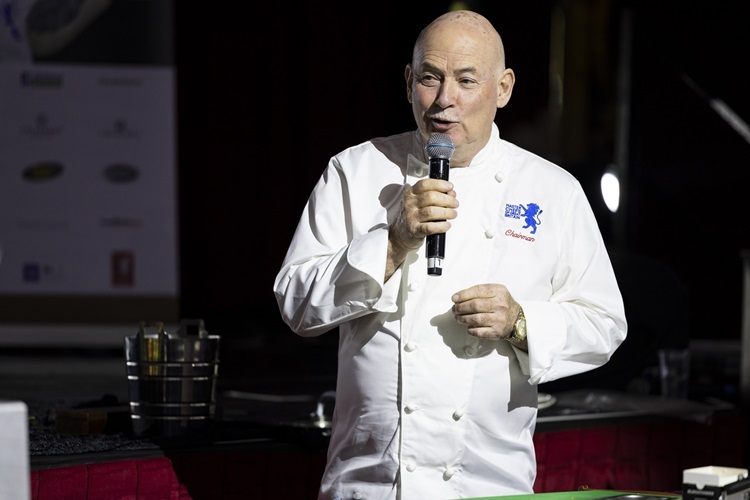Cultivated meat could land on restaurant plates by 2025
Cultivated – or lab-grown – meat could be available to the foodservice sector within 12 months, according to one producer.
Emma Lewis, chief commercial and product officer at Ivy Farm Technologies, a spin-out from Oxford University, predicted that the UK’s Food Standards Agency (FSA) would certify its cultivated meat range for consumption within a year – much sooner than previously expected.
During a panel discussion on the future of meat production, held at Fortnum & Mason’s flagship London store last week, Lewis said: “If you’d have asked me six months ago I would have said approval would take years, but I really feel there’s a fair wind with the FSA, where they’re now open to working faster with companies like ours.”
The FSA is setting up a ‘regulatory sandbox’ to enable swift yet robust product safety assessment of cultivated meat products, which involves taking a small biopsy of cells from a pig or a cow, before combining it in a vat with proteins, vitamins and minerals to encourage natural cell division.
Globally, lab-grown meat has already been approved for sale in Singapore, the US and, most recently, Israel. Accelerating the certification pace means that foodservice sites in the UK could soon have cultivated meat as a menu option.
Lewis said: “We’ve had a lot of interest from foodservice, so when we launch we would expect it to be in this sector.”
Riccardo Giraudi, CEO of Giraudi Group, which owns the Le Petit Beefbar steakhouse chain, was also on the panel and spoke of being open to serving cultivated meat: “If there’s a market for it, why not embrace it?” he said.
Ivy Farm’s product can replicate any dish which uses minced livestock meat, such as sausages, nuggets or burgers, with Lewis predicting the market could be worth US$20b (£15.9b) by 2030.
“Our process is very sterile, so what we harvest is extremely clean,” added Lewis. “The cell replication process is the most natural on earth. We’ve tested our nutritionals, and our amino acids profile is identical to livestock meat so it’s a good source of protein and low in fat.”
She further detailed that the company can switch on demand very quickly, as the meat can be produced within two to three weeks. Additionally, she noted how costs are reducing, so by the time cultivated meat is commercialised, quantities should be on sale in single figure pounds sums.
Image: Ivy Farm’s cultivated beef mince, crafted into a scotch egg for Fortnum & Mason’s panel discussion.



















